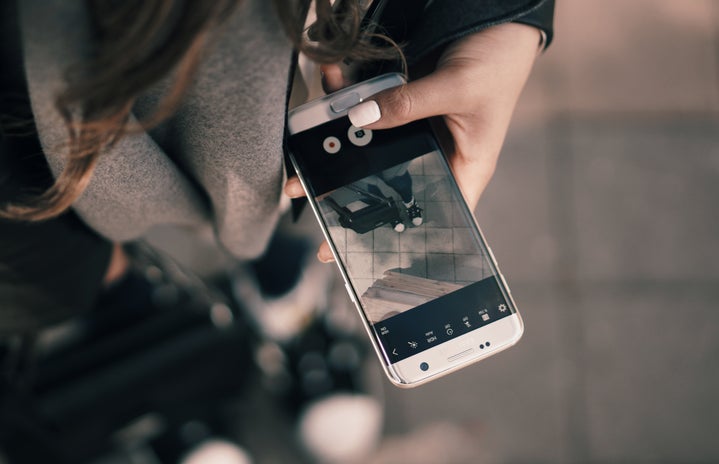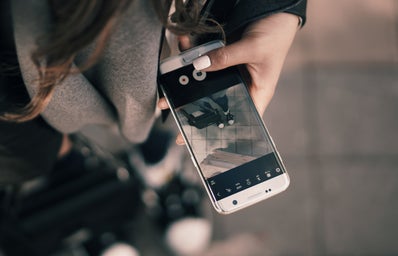Just a few weeks ago, the first president of Facebook Sean Parker issued a very disturbing warning about the social network he helped found: “God only knows what it’s doing to our children’s brains,” he said. Parker said that when the team was originally designing the online platform in the early 2000s, the thought process boiled down to, “How can we consume as much of your time and conscious attention as possible?”
Apparently, Facebook and subsequent social media sites were built to “exploit a vulnerability in human psychology” — that is, the one of the so-called social validation feedback loop, where every like, notification, or comment gives you a little dopamine hit and prompts you to contribute more and more content, which in turn gives you more likes and comments. The cycle is vicious and never-ending Parker admitted, and that both he and his team (as well as those who spear-headed Instagram) understood all of this quite clearly and used it to their advantage.
This news comes as particularly disturbing given the exponential rise in social media popularity. Over 40 million photos are uploaded to Instagram every single day, and there are over 751 million active Facebook mobile users. Researchers at Harvard University have recently attempted to dig deeper into this phenomenon, and through a series of experiments involving MRI machines it was discovered that the same part of the brain that is associated with pleasure is involved in the act of disclosing information about oneself. That is, the brain reacts the same when we eat food, have sex, or get money as it does when we disclose personal information about ourselves. Most people in the study even turned down money offered to them to talk about someone else, choosing instead to talk about themselves for free. This might also partially explain the intense draw of social media: people experience a larger amount of reward activity in the brain when they get to share their thoughts, and less reward when they keep these thoughts private.
But is all this social media activity really dangerous? Could it be that it’s just harmlessly rewarding? Not for teenagers. According to scientists, the adolescent brain is still actively growing, especially the prefrontal cortex, which is responsible for decision-making and social interactions. Given the high degree of neural plasticity and growing connections in the grain, those that are misused by passively scrolling on social media may develop in harmful ways. When we (and especially teenagers) use our brains in healthy ways, we are fostering the cells to develop in healthy ways, which may result in greater creativity. If they develop in un-healthy ways, our minds could actually become less creative and adaptive to our environment.
And as a society, we are certainly not fostering the creative growth our brain cells need. 41 percent of cell phone users say they are “addicted” to their phones, and 20 percent of social networkers say they are “addicted” to their sites. Already, social media accounts for approximately 28 percent of time spent online, and 15 to 19 year olds spend at least three hours a day online on sites like Instagram, Twitter and Facebook.
So is Sean Parker right, and we should all be worried? Perhaps. For now, it is important to practice mindful social media use, and use the internet for the productive resource it is instead of a mindless pastime.


